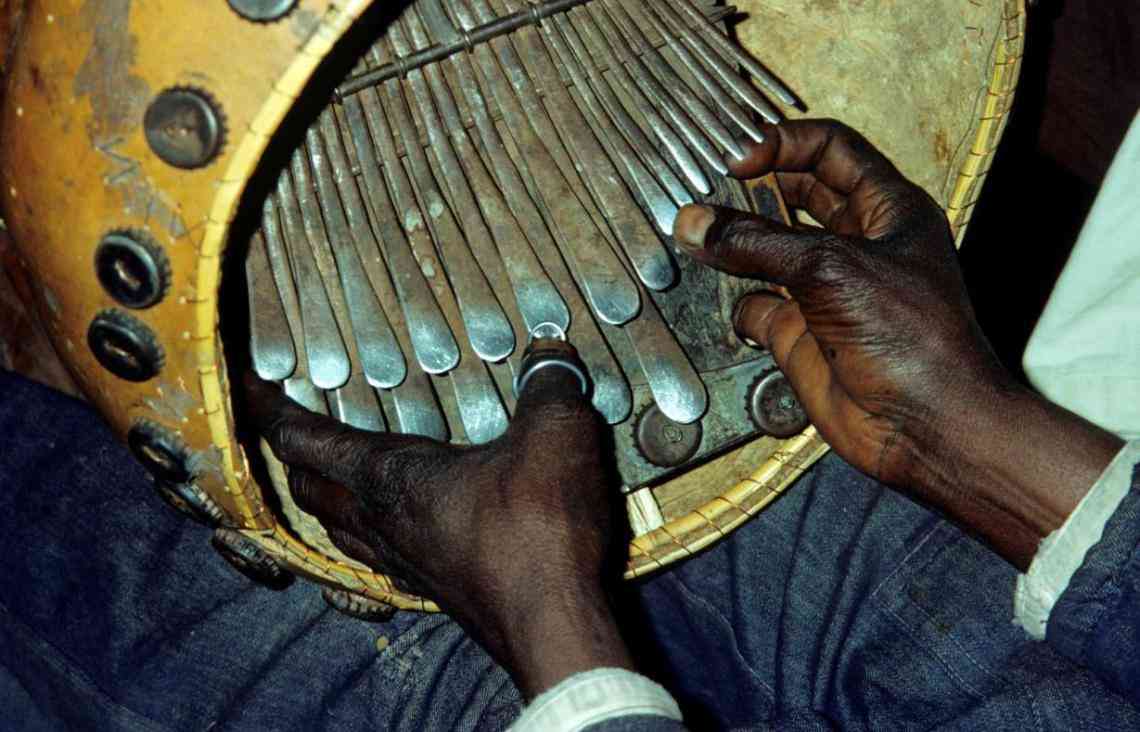
ZIMBABWEAN festivals have degenerated into undesirable low points. Art, in the form of music, dance, film and literature, all seem to be undergoing a dark patch. The Zimbabwe International Book Fair (ZBF) in particular has in recent years lost its glory. Blame has largely been apportioned to the economic woes bedeviling the country, with changes in ministers overseeing the arts and culture sector having brought nothing to smile about.
Between the Lines: Beniah Munengwa

Recent efforts to mobilise crowds and a variety of exhibitors demonstrate that the ZIBF has only managed to bring together an avalanche of textbook publishers and other obliged stakeholders to the event.
But the question that always lingers is: what else can be done to bring back the mojo despite the economic downturn? What other creative, innovative, and lasting solutions can be considered?
Looking at the past edition of the ZIBF, I cannot help, but notice that there is a need to revisit the manner in which books have been exhibited in Zimbabwe.
Just looking at how some book launches manage to command huge crowds and how those same crowds are conspicuously absent at the ZIBF raises a lot of questions, whose answers can help us dig up ways in which we can breathe life back into ZIBF. It would appear that those in charge of ZIBF have failed to recognise the sweeping changes that have occurred in the book industry over the past two decades.
One thing for certain is that there has been a major decline in the traditional publishing industry dominated by vibrant publishing entities that brought to the fore major writing gifts like Charles Mungoshi, the late Dambudzo Marechera and Freedom Nyamubaya.
Most budding voices have pursued the self-publishing trail, which the ZIBF seems reluctant to pursue in the form of engagement. Granted, many self-publishing efforts leave a lot to be desired on several fronts, but how about those that have produced decent work — some of which have won National Arts Merit Awards.
- Chamisa under fire over US$120K donation
- Mavhunga puts DeMbare into Chibuku quarterfinals
- Pension funds bet on Cabora Bassa oilfields
- Councils defy govt fire tender directive
Keep Reading
From this end, the ZIBF has failed to tap into the wells of self-publishing authors, yet they command a significant chunk of the new crop of readers, especially those who are enthusiastic about motivational and spiritual literature.
These writers have got a loyal readership, most of which constitutes one’s church mates, friends, business colleagues, all of whom are willing to support their own through which ever esteemed event they go through.
This demonstrates how this bracket of readers can be harnessed and embraced to form a fabric that will only strengthen the rubric of events like the ZIBF.
Literature has also been transgressing from formalised literature to colloquial literature, a move not yet recognised by organisations that hype high art and who are after extinguishing all fires emerging from popular cultural products.
But the ZIBF seems not to be in sync with these realities and reluctant to tap into this. Looking forward, it is still not late for stakeholders to take heed to this wake-up call.
A realisation that there is no harm in making people with the same intent of spreading ideas through the book form network is necessary.
As the Harare Literature Festival beckons, it is necessary that it takes note of what happened during the Norton Book Festival and Business Expo, an event which in spite of the absence of significant financial investment, managed to light up Katanga shopping centre with literary festivities.
Social media marketing and the diversification of activities surely will be positive additions to the number of tools currently being used by traditional planners.
To successfully achieve this, this will also require the diversification of the personnel tasked with organising literary events.
If all this fails, it will mean that the book industry is officially dead in Zimbabwe.
The book industry is alive but only disjointed. There is need to jumpstart it.
Beniah Munengwa writes in his own capacity. He can be contacted on [email protected]











